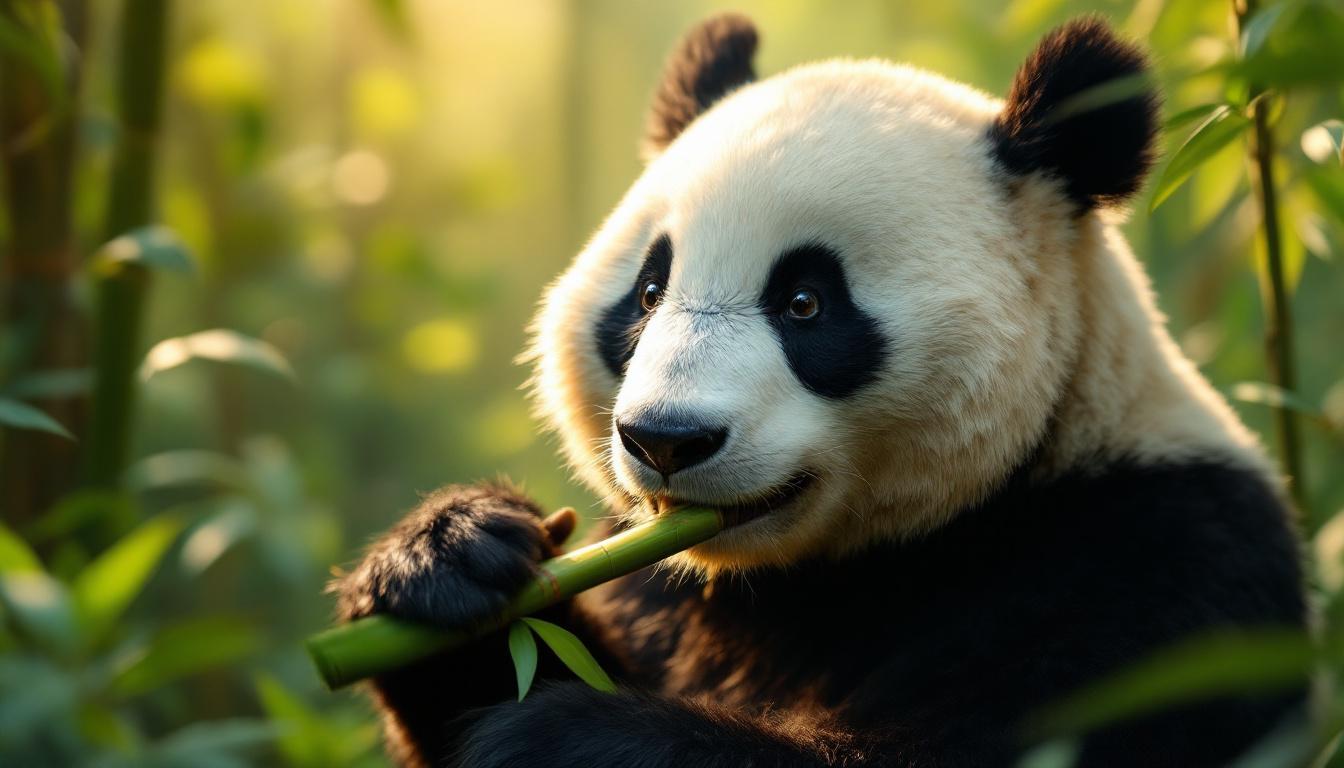Chengdu: Where Giant Pandas Meet Fiery Sichuan Flavors
China’s most laid-back metropolis hides treasures beyond the bamboo forests
In the heart of China’s Sichuan province lies a city where teahouse culture reigns supreme and giant pandas roam bamboo-filled sanctuaries just minutes from downtown skyscrapers. Chengdu, a metropolis of 14 million, moves at its own relaxed pace—a rarity in fast-developing China. This UNESCO City of Gastronomy offers travelers a unique blend of wildlife encounters, mouth-numbing cuisine, and a surprisingly chilled urban vibe that locals proudly call “the Chengdu lifestyle.”
The panda capital: More than just cute faces
The Chengdu Research Base of Giant Panda Breeding stands as the global epicenter for panda conservation. Here, visitors can witness these endangered icons munching bamboo, tumbling playfully, and napping in tree branches. The best viewing occurs during morning feeding time (8-10 AM) when the pandas are most active.
“Our pandas aren’t just national treasures—they’re ambassadors teaching the world about conservation,” explains Li Wei, a senior keeper at the facility. “When visitors connect with pandas here, they develop a deeper understanding of why protecting habitats matters.”
For an off-the-beaten-path experience, consider visiting during weekdays to avoid crowds that can reach thousands during peak seasons. Photographers should position themselves near the nursery enclosures for intimate shots of cubs.
The numbing-spicy sensation that conquered global palates
Sichuan cuisine’s signature málà (numbing-spicy) flavor profile has made it one of China’s most internationally beloved culinary traditions. The secret lies in the humble Sichuan peppercorn, which creates a unique tingling sensation on the tongue unlike any other spice on earth.
Start your culinary journey at Jinli Ancient Street, where vendors serve up classics like dandan noodles and mapo tofu amid red lanterns and Ming-dynasty architecture. For the ultimate Chengdu food experience, brave a traditional hot pot—a bubbling cauldron of chili-laden broth where diners cook their own meats and vegetables tableside.
A teahouse culture where time stands still
While American national parks offer natural splendor, Chengdu’s People’s Park provides a different kind of cultural immersion. Here, locals gather daily for what might be the world’s most relaxed social scene—bamboo chairs clustered around low tables, endless cups of jasmine tea, and impromptu mahjong tournaments that last until sunset.
“In Chengdu, we believe life should be savored slowly, like a good cup of tea,” says Wang Jun, a third-generation teahouse owner. “That’s why visitors from busy places like Kuala Lumpur or New York often find themselves staying longer than planned.”
Day trips: UNESCO wonders within reach
Just two hours from Chengdu stands the Leshan Giant Buddha—a 233-foot stone colossus carved into a riverside cliff during the Tang Dynasty. This UNESCO World Heritage site offers a perfect contrast to Estonia’s hidden meteorite craters and represents one of China’s most impressive engineering feats.
More adventurous travelers should consider Mount Emei, where mist-shrouded Buddhist temples perch dramatically on forested peaks. Unlike Napa Valley’s spa retreats, here you’ll find monks performing daily rituals unchanged for centuries.
Where ancient meets futuristic
Chengdu embodies China’s remarkable ability to juxtapose traditions with cutting-edge innovation. While ancient temples draw visitors during the day, the city transforms after dark with a vibrant nightlife scene rivaling any in Asia. For spectacular cityscapes, head to the IFS Tower where a giant panda sculpture scales the glass facade—perhaps the world’s most Instagram-worthy urban art installation.
Unlike Caribbean destinations where tourists often outnumber locals, Chengdu offers authentic cultural experiences at every turn. From practicing tai chi with elderly masters at dawn to sampling street food from vendors using recipes passed down through generations, this is a city that invites travelers to participate rather than merely observe.
Chengdu rewards those who embrace its unhurried rhythm—a place where giant pandas teach us about conservation, ancient culinary traditions awaken dormant taste buds, and the simple pleasure of an afternoon tea becomes a profound cultural experience.
